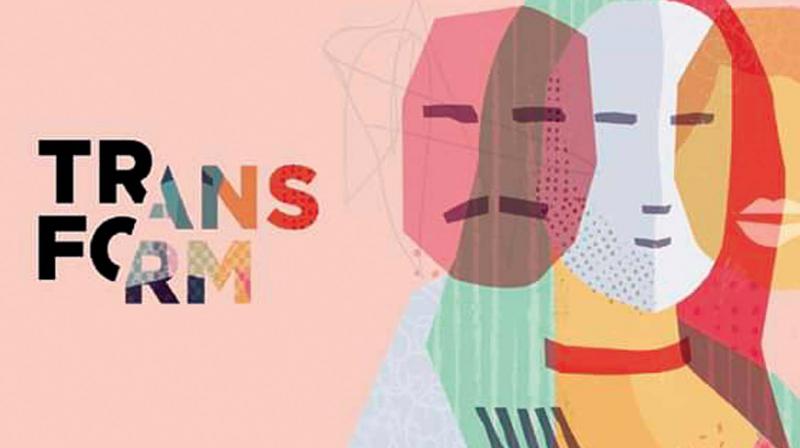LGBTQ: Time now to look for social equality
A staggering 92% of the transgender population is deprived of rights to participate in any form of economic activity.

A melting pot of academics, activists, lawyers and members of the transgender communities converged here at the 3rd International Conference on Transgender Rights and the Law – Transform, to discuss the journey from decriminalisation towards making an equal and non-discriminatory society for the trans and intersex persons.
The two-day conference, organised by the Centre for Law & Policy Research, hosted sessions on gender identity in sport, transgender rights in the North-East, transpersons with disability, next steps for statutory reforms and gender identity and equality movements.
“It has been one year of decriminilisation of Section 377, but that’s not the end. The theme for this year is how we take the idea of Navtej Johar forward. Marriage equality, to make rape gender neutral, non-discrimination at work, having equality legislation and reforms in criminal law are the key areas of discussion,” said Ms Jayna Kothari, a senior advocate and executive director, Centre for Law & Policy Research, Bengaluru.
‘Rape should be gender neutral’
Ms Kothari said laws on domestic violence and rape should become gender neutral, otherwise similar issues faced by the LGBTQ communities are not addressed.
“Rape is not only aimed at women as men and transpersons too can be victim. Criminal offences like rape and domestic violence should not be gender-specific,” she said.
Transgenders invisible at workplace
On transgenders’ workplace invisibility, Anindya Hajra, transfeminist and a transgender rights activist based in Kolkata, said, “The participation of transgender persons in the work ecosystem continues to be invisible at multiple levels in society. This invisibility further obscures their economic role and security. Only 6% of transgender individuals (surveyed during the NHRC-Kerala Development Society study of 2018 titled ‘Human Rights of Transgender as Third Gender’) were recorded to be employed and that too in private and/or NGO sectors.
A staggering 92% of the transgender population is deprived of rights to participate in any form of economic activity. Transgender persons are not in the radar of trade unions and these bodies are yet to accord them worker status.”
The real answer to acceptance would mean a liberal approach in society. Social institutions of nurturance and awareness play a vital role. “Educational institutions and media outlets should be used to articulate progressive and liberal views regarding gender relations in a normative sense,” said Prof Siddharth Swaminathan of Azim Premji University.
Next step, right to marry: Justice
In April 2019, Justice G.R. Swaminathan, a Judge of the Madras High Court, had passed a judgement upholding the right to marry for transgender persons and declared that no intersex surgeries should be held.
During his talk here, he said that after the Navtej Johar judgement, the next step is the ‘right to marry’ for people of the same sex.
Right to marry has become a reality for persons belonging to transgender community, but legalisation of same sex marriages remains untouched.
“I believe that the Navtej Johar judgement will blossom into a judgment by the very same Supreme Court or High Court, where same sex marriages will be recognised. This will be the next step that will translate into reality soon,” said Justice Swaminathan.

